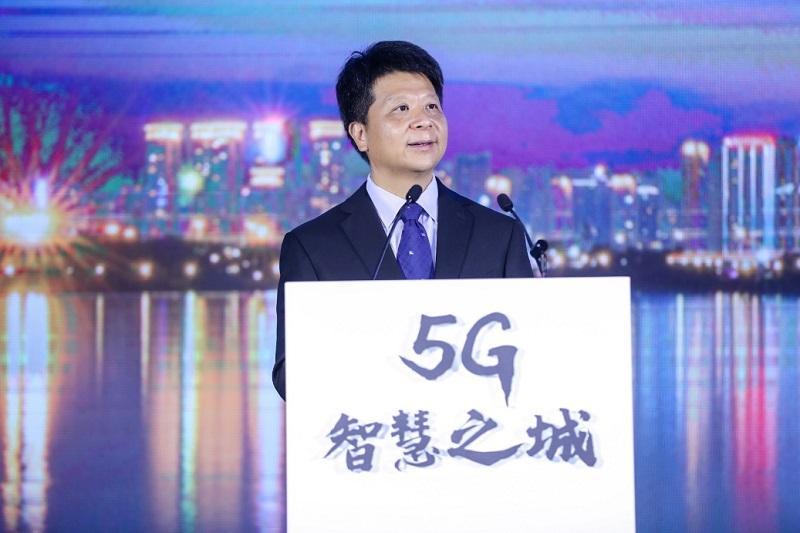News
Global 5G users exceeds 100 million mark and 92 carriers around the world deployed commercial 5G: Huawei Chairman

On August 17, At “Lighting Up Shenzhen, a 5G-powered Smart City” press conference, Huawei Rotating Chairman Guo Ping gave a keynote speech on the company’s plans for the Chinese city, Shenzhen.
During his keynote, Guo revealed how Huawei working with carriers and other partners on industry applications, to build all-scenario intelligent solutions for Shenzhen.
According to Huawei, as of today, 92 carriers around the world have already deployed commercial 5G networks, and there are over 100 million 5G users worldwide.
“As the first phase of global 5G deployment begins to wrap up, we need to strengthen our focus on industry applications. This will help us unleash the full potential of 5G and achieve business success with 5G.” said Guo.
The company says the success of commercial 5G will rely on the synergy between five major tech domains including Connectivity, Cloud, Computing, Industry applications, and pervasive AI.
Huawei announced it would harness its strengths in connectivity and computing, and work with carriers and other partners on scenario-based solutions. It plans to integrate these five major tech domains to help turn Shenzhen into the world’s digital showcase city.
Objectives of 5G powered Smart Cities:
- A 5G-based intelligent network that supports real-time sensing and feedback of data generated at the city’s most basic ground-level units.
- The integration of vertical data systems from different industries and government agencies, to create a single network for extensive data interconnection and unified municipal management.
- AI-enabled data and applications that will turn municipal knowledge into capabilities, give government agencies more access to AI-enabled business processes, and ultimately enhance intelligent experiences and build a truly 5G-powered smart city.

Guo Ping
The integration of 5G, cloud, computing, AI, and industrial applications will set off a chain reaction, providing the industry with all-scenario intelligence.
Examples of how these technologies can be used are already seen in smart grids, smart ports, smart airports, and smart factories. They will also support the development of 5G-powered smart cities that aim for the booming industry, happy people, and better governance.
“Huawei‘s ten-plus years of service experience have allowed the company to build an open platform of cloud, computing, pipes, and devices that can act as “fertile soil”. Independent software vendors, system integrators, and cloud ecosystem partners can grow scenario-based solutions on this “soil” and address complex industry requirements.” said Guo.
Moreover, Huawei plans to continue using its OpenLabs to pass on new capabilities to its partners so that they can collaborate and grow together, serve customers more deeply, and accelerate industry digital transformation.







